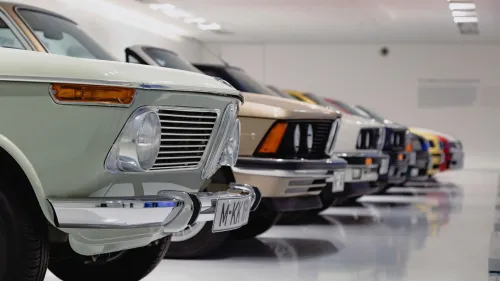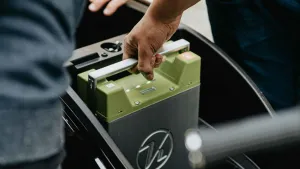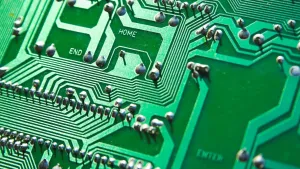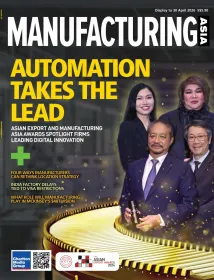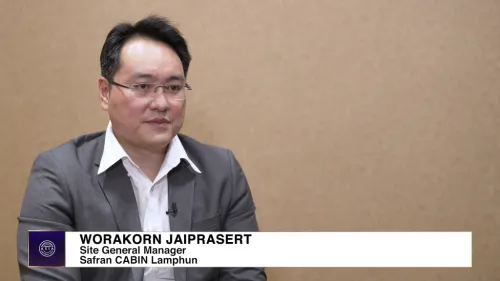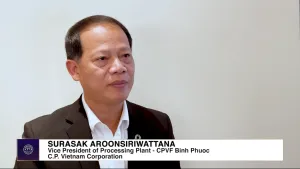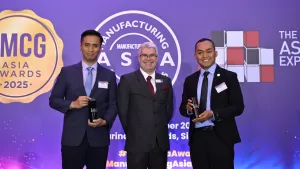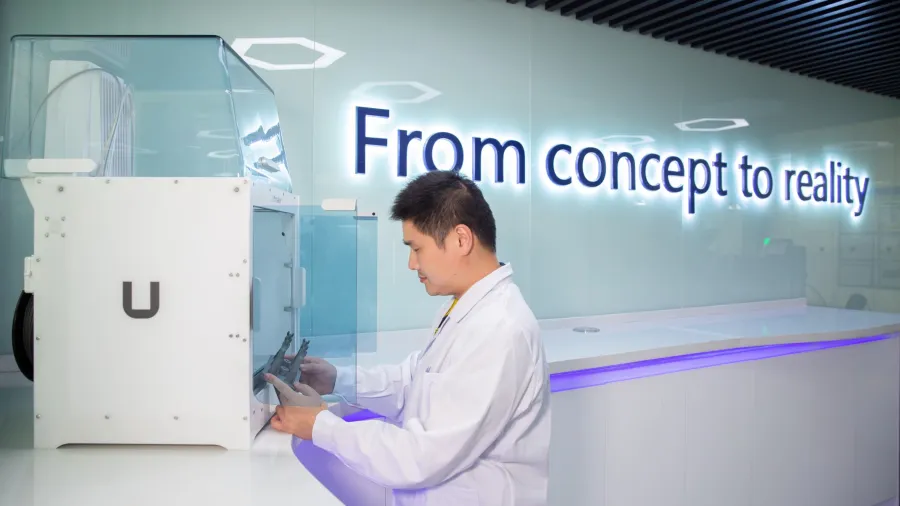
Rosti Group needs just 72 hours to manufacture prototypes in design intent material
Its deployment of 3D printing injection mould tools in its production made all the difference.
At a time when businesses were struggling to keep their manufacturing facilities operational over the past two years, the Rosti Group have continued to thrive. There are two key ingredients for their success: a well-thought-out online strategy implemented at the perfect timing and the engagement of its digital innovation laboratory.
Rosti Group implemented an online communication system for customers and suppliers, enabling them to track every step in the supply chain. It also provided online services such as virtual factory tours for European and US customers and invited third-party organisations to audit and monitor the production process.
Due to this set-up, Rosti Group’s facilities have been operating normally, a flexible business move into the new normal.
‘Game-changer’
Rosti was approached by a global molecular diagnostics company for the production of injection moulded parts for its COVID-19 testing equipment. The equipment can provide laboratory-level test results within 27 minutes
Rosti was selected based on its manufacturing proposal utilising its digital innovation laboratory. The deployment of 3D printing of prototype injection moulding tools allowed engineers to have prototypes within 72 hours of receiving data in production-intent material. Additionally, the tooling solution incorporates cutting edge technology delivering 32 cavity tools in five weeks and serial manufacturing under ISO13485 conditions.
But Karl Stillman, Asian regional sales director of Rosti Group, believed that what gave them the edge over other manufacturers is its 3D printing of prototype moulding tools.
“This has been game-changing for us as it gives our customers meaningful prototype parts that represent mass production in the manufacturing process in a fraction of the time, considerably reducing time to market,” Stillman told Manufacturing Asia.
“Not only was our technical proposal, according to our customer, the best and most complete, but the timeline and the time to market was by far the best offer that they received,” he added, referring to the production of the COVID-19 test.
This growth of the company’s medical market, especially the new sales of COVID-19 related products has been a major success, he said.
“If you look at the rate of change of revenue that we have in [the medical] sector, it is significant; and it's one of our key strategies as a Group going forward,” Stillman said.
Growth and expansion
In terms of expansion, Rosti Group is currently present in nine countries with 12 manufacturing sites globally. Amongst them, Rosti Group has sites in Suzhou, China, and Senai, Malaysia in Asia. Both sites offer injection moulding, 3D printing, assembly, decoration, partnership with toolmakers, and supply chain management, whilst the China site also offers a cleanroom.
Rosti is now setting its eyes on expanding its presence in Southeast Asia—a high priority, Stillman said.
“Rosti has had nothing but fantastic experiences in Asia. We're looking for more exposure in Asia, we're looking to increase our footprint, certainly in Southeast Asia,” he added.
Also early this year, Rosti acquired the US-based Plastic Components, Inc. (PCI) in a bid to strengthen its market position in the US. This move presents an opportunity for Rosti’s Asian and European sites as PCI caters to multinational customers that are looking for solutions in those regions, and Rosti also has its own global clients that are considering reaching out to North America for the localised manufacturing solutions they need.
“We realised significant customer synergies with PCI as an addition to Rosti’s global footprint,” Stillman said.
The company has had no manufacturing in the US despite having 25% of its revenue coming from US-headquartered businesses, he said.
How exactly will the move benefit Rosti’s existing business? Stillman cited as an example one of its customers in Malaysia that has significant sales opportunities in the US, but to tap and maximise this potential, its products have to be manufactured there, as well.
The PCI acquisition will allow the company to utilise its Technology Transfer Programme, allowing them to manufacture for its US customers “with the lowest risk possible.”
“In parallel, a number of PCI customers have manufacturing requirements in Asia, but the parts are technically challenging and not easy to localise. But now they're part of the Rosti family. We are actively working on two opportunities for both of our Asian plants,” he said.
